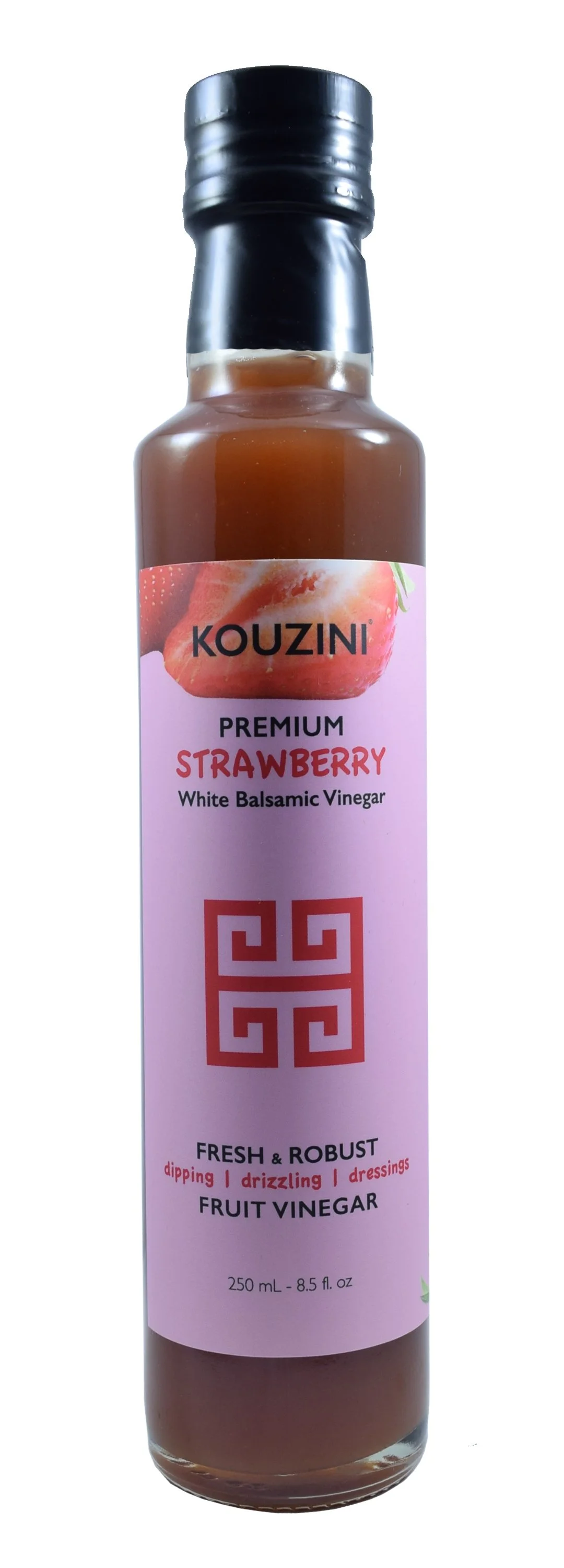KOUZINI
Simple, wholesome and fresh. Single origin organic Greek extra virgin olive oil and Balsamic Vinegar. Small family business bringing you our traditions. Our single origin Greek extra virgin olive oil is from our family farms in Lakonia Greece.







